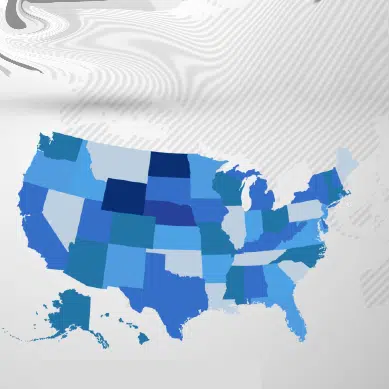List of Compliance Frameworks
ISO 27001
ISO 27001, developed by the International Organization for Standardization (ISO), focuses on information security management. It offers a comprehensive framework for establishing, implementing, and maintaining an information security management system (ISMS), ensuring sensitive data’s confidentiality, integrity, and availability.
HIPAA
HIPAA is a U.S. regulatory compliance framework tailored to the healthcare industry. Enacted to safeguard patient health information, it establishes standards for the secure handling and privacy of health data, protecting individuals’ rights and maintaining the integrity of healthcare systems.
PCI DSS
PCI DSS is a set of security standards that safeguard payment card data. Developed collaboratively by major credit card companies, it provides guidelines for organizations that handle credit card transactions, ensuring the secure processing, storage, and transmission of cardholder information.
SOC 2
SOC 2, developed by the American Institute of CPAs (AICPA), is tailored for technology and as a cloud compliance framework for cloud computing organizations. It focuses on criteria related to the security, availability, processing integrity, confidentiality, and privacy of customer data stored in the cloud.
GDPR
Enforced in the European Union (EU), GDPR is a sweeping regulation that governs personal data protection. It gives individuals rights over their data and imposes obligations on organizations regarding the lawful collection, processing, and storage of personal information.
NIST Cybersecurity Framework:
Developed by the National Institute of Standards and Technology (NIST), this voluntary framework offers industry standards and best practices for managing and improving cybersecurity risk management processes. It assists organizations in enhancing their cybersecurity posture and resilience.
FFIEC Cybersecurity Assessment Tool:
Tailored for financial institutions, the FFIEC Cybersecurity Assessment Tool provides a structured approach to assessing and enhancing an organization’s cybersecurity reaers areas such as risk management, threat intelligence, and incident response.
COBIT
Developed by ISACA, COBIT is a framework that aids in the governance and management of enterprise IT. It helps organizations ensure IT alignment with business objectives, compliance with regulations, and the effective use of technology.
FERPA
FERPA is a U.S. federal law protecting the privacy of student education records. It applies to educational institutions receiving federal funding, outlining students’ rights and educational institutions’ responsibilities regarding the confidentiality of student records.
Please login or Register to submit your answer





